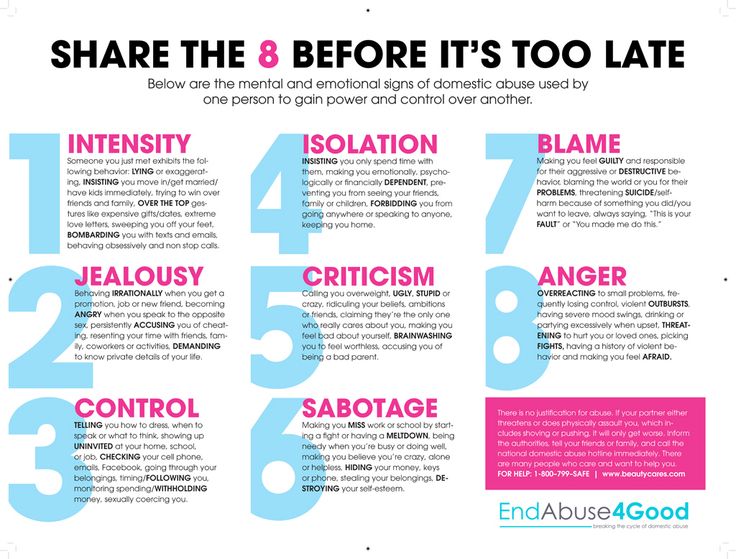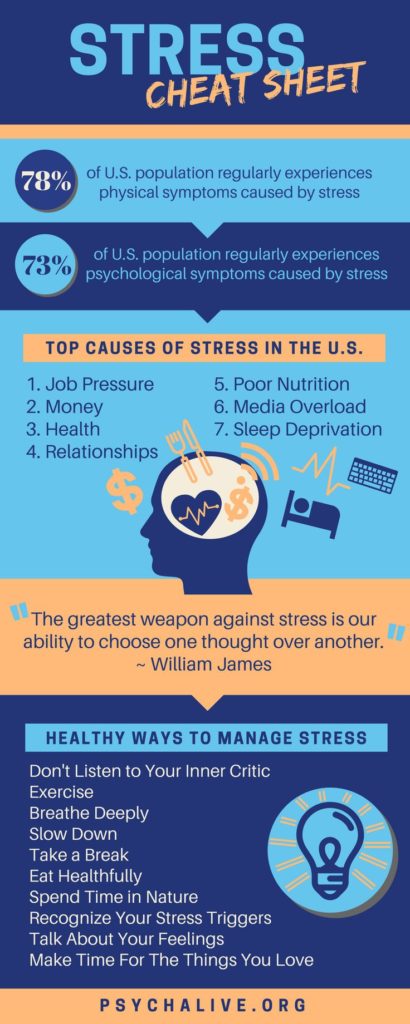Control over people
Signs, causes, and how to deal with them
People who are controlling try to assert power over others and control situations. In some cases, a person may adopt controlling behaviors out of anxiety because they worry that things will go wrong if they do not maintain control. In other cases, it may be to assert dominance, which is a form of abuse.
Everyone tries to control what happens in their life to a certain extent. However, when a person tries to control elements of someone else’s life, this can be damaging.
In this article, we describe the signs that a person is controlling and explain how control relates to abuse. We also look at the causes of controlling behavior and how to deal with it.
If someone tries to control situations or other people to an unhealthy extent, others may describe them as a controlling person.
They may try to control a situation by taking charge and doing everything themselves or control others through manipulation, coercion, threats, and intimidation.
People may come into contact with controlling individuals in many areas of life. These individuals can be:
- partners
- friends
- family
- bosses
- coworkers
- strangers
- neighbors
These people may wish to control those close to them, such as their partner or family, or gain power and control over larger groups of people.
The National Domestic Violence Hotline defines abuse as behaviors that a person uses to maintain power and control over another individual. These behaviors may arise in intimate relationships but also appear in the workplace, family relationships, and friendships.
Controlling behaviors may occur in several forms of abuse, including:
- Physical abuse: Any unwanted contact from someone who has the intention of causing another person injury is physical abuse.
- Emotional and verbal abuse: This comes in the form of nonphysical behavior, such as insulting or threatening someone, constantly monitoring them, or trying to humiliate them.
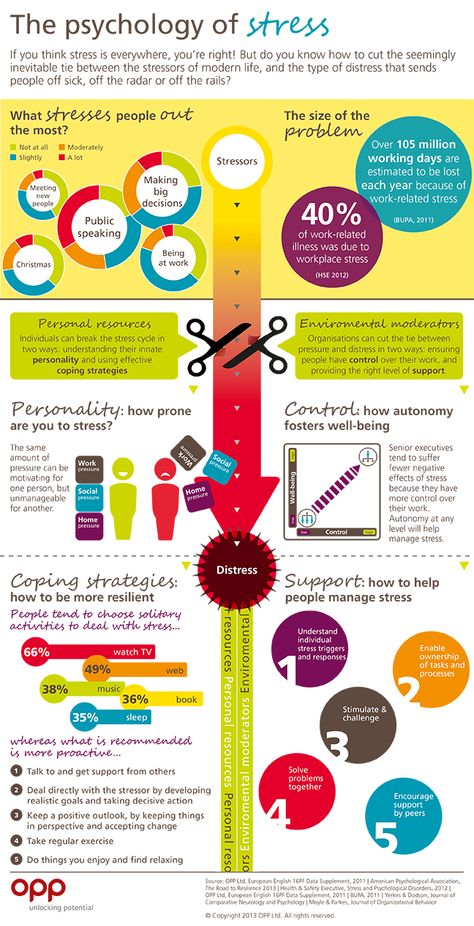
- Sexual abuse: Behaviors constitute sexual abuse if they pressure or force people into a sexual activity in which they do not want to engage.
- Financial abuse: This occurs when someone attempts to control a person’s financial situation.
- Digital abuse: This form of abuse uses technology, such as texting and social media, to harass or intimidate someone.
- Stalking: Stalking happens when someone watches or follows a person constantly, making them feel unsafe.
Abusive behaviors that someone may use to exert control over an individual may include:
- slapping, punching, kicking, biting, choking, scratching, or trying to smother a person, throwing objects at them, or pulling their hair
- threatening to use weapons against them, such as knives, bats, or firearms
- forcing them to use alcohol or drugs
- preventing them from leaving the home or forcing them to go somewhere
- calling them names, yelling or screaming at them, and criticizing them to break down their confidence
- humiliating them in front of other people or using online communities to intimidate or embarrass them
- acting in a possessive manner with a partner, not trusting them, and frequently accusing them of cheating
- demanding to know how they spend their time, where they go, and who they have contact with
- isolating them from seeing family and friends
- blaming them for their abusive behaviors or telling them everything is their fault
- manipulating or forcing them into having sex or performing sexual acts
- giving them an allowance and monitoring their purchases
- depositing paychecks to a bank account they cannot access
- stopping them from going to work by taking away their mode of transport
- stating who they can or cannot follow or speak with on social media
- using social media or GPS technology to track their activities
- pressuring them to send compromising or explicit messages, photos, or videos
- constantly messaging them and making them feel as though they cannot be away from their phone
- sending them unwanted messages, emails, texts, voicemails, and letters
- showing up at their home or workplace uninvited
Abuse can manifest in many ways, and more than one type of abusive behavior often occurs in an abusive relationship.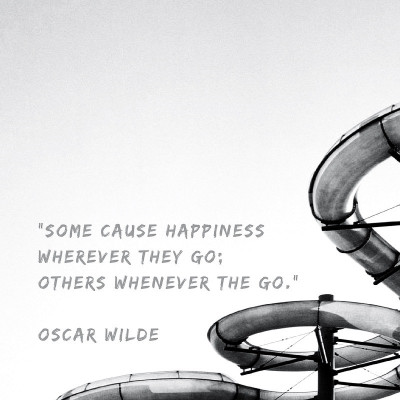
Several underlying factors may drive controlling behavior, such as:
- Anxiety: For some people, attempting to control certain situations is a way of coping with anxiety. Treating anxiety or the underlying condition causing it may improve their controlling behavior.
- Personality disorders: Some personality disorders, such as borderline personality disorder (BPD) and narcissistic personality disorder (NPD), may increase the chances of someone using controlling behavior.
- Learned behavior: A person may have learned controlling behavior and other forms of abuse from other people. For example, they may have grown up in a family with domestic violence or intimate partner violence or learned from caregivers to try to exert power over their partner.
It is crucial to note that although mental health conditions and past trauma can contribute to controlling behavior, they can never justify abuse.
Strategies for dealing with controlling people depend on whether the behavior is abusive and whether it occurs at home or in the workplace.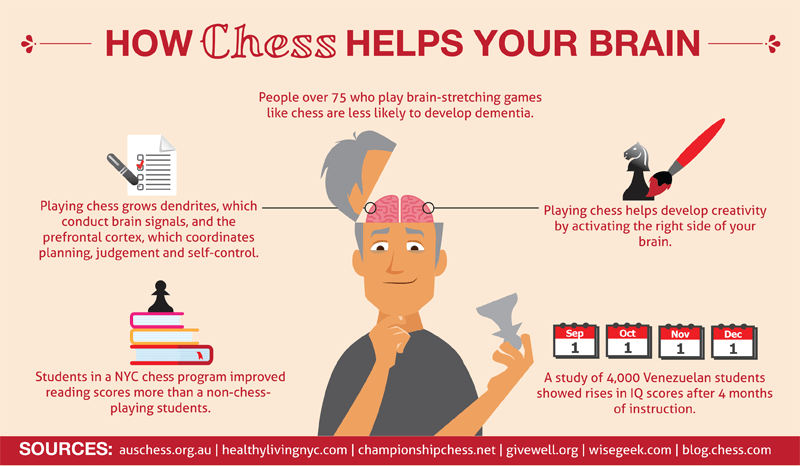
If the behavior is not abusive, it may be best to begin by discussing it with the person. However, confronting a person with abusive behavior may flare up the situation and potentially be dangerous.
Communicate
A person can try communicating with a controlling person by:
- using “I” statements, such as “I feel hurt,” to speak in a way that reduces feelings of blame
- discussing ways to divide responsibilities or share control
- offering alternative courses of action to replace the behavior, such as making plans together rather than the person making plans for them
If, after speaking calmly and openly with someone, they do not listen and continue the controlling behavior, a person may need to consider distancing themselves from the individual.
Set boundaries
It is impossible to influence how someone else behaves completely, but people can be clear about the treatment they expect and how they will respond if someone crosses the line.
A person needs to set boundaries, assertively share what they want with another individual, and say “no” when they are unwilling to do something. By setting boundaries, a person regains control and clarifies what they will and will not tolerate.
Choose a response
When someone is controlling, a person can respond in various ways to diffuse the situation. These include:
- Ignoring them and walking away: If a person is trying to humiliate someone, quietly walking away will draw attention to their dysfunctional behavior rather than indulging them.
- Creating a distraction or changing the subject: If a controlling person uses long, rehearsed speeches to wear a person down, interrupting them will make it more difficult for them to return to where they left off.
- Asking them a question: If someone views a situation as only being able to go the way they want or the complete opposite, it can help to ask a question.
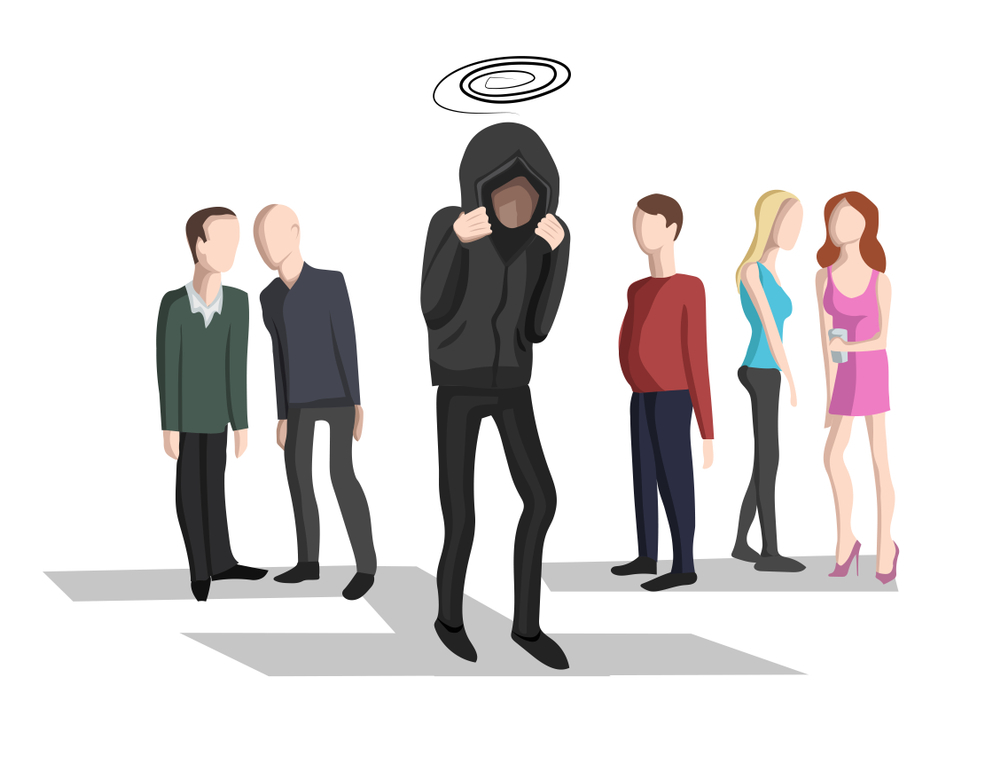 A question can reinforce that there are more than two options available.
A question can reinforce that there are more than two options available. - Counteracting with reason: If a parent uses the fact that they gave birth to someone as a way to control them, the person could ignore the attempt at guilt tripping and counteract with logic rather than emotion. They could remind the parent that people never have to do anything and have the right to choose.
- Acknowledging their fear: If a controlling person is jealous about someone’s relationship with another friend, it may be helpful to respond directly to their fear of abandonment. Acknowledging their fear that the person will leave them for someone else and discussing the topic may prevent them from making envious comments in the future.
Create a safety plan
If someone feels unsafe due to a person’s controlling, abusive behavior, they should consider developing a safety plan. A safety plan can help them safely leave the situation and lower their risk of being hurt.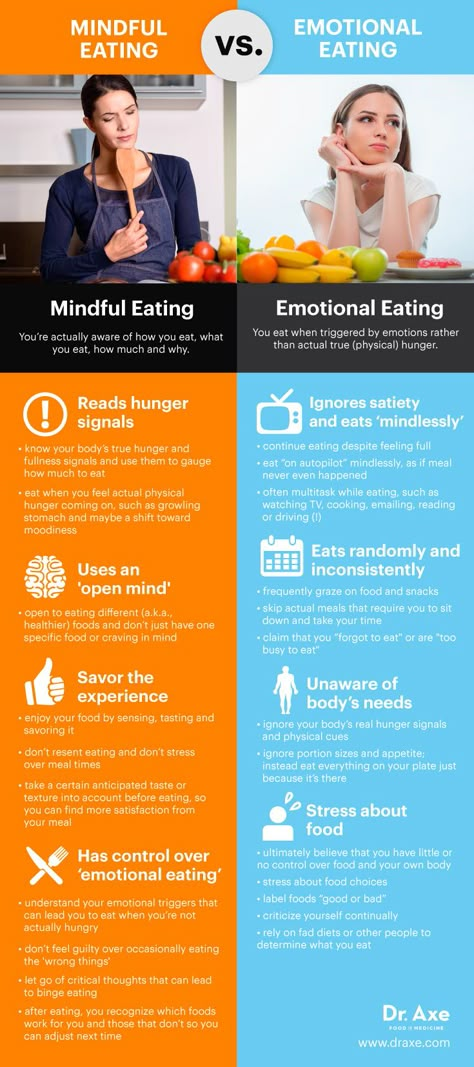
According to the Office on Women’s Health, a safety plan may involve:
- identifying friends and family members to contact for help
- identifying exit points and safe places to go
- keeping an alternative prepaid cellphone nearby
- memorizing the phone numbers of trusted family members, friends, or shelters
- making a list of items or documents to take when leaving quickly
- checking with a doctor about how to gain access to extra, medically necessary items for themselves or their children
- getting information on the local family court in case they require a restraining order
- collecting evidence of abuse or violence, if it is safe to do so
The National Domestic Violence Hotline provides an interactive guide to safety planning, and the Office on Women’s Health details what to include in a safety packing list.
Emotional and verbal abuse can sometimes escalate to physical abuse, so a person must know the warning signs that a situation could become threatening.
Signs that a relationship has become dangerous include the person:
- displaying physically intimidating behaviors, such as punching walls, throwing objects, or breaking a person’s belongings
- using weapons to intimidate
- harming or threatening to harm pets or children
- threatening self-harm, violence, or death to get what they want
Everyone has the right to feel safe. Anyone experiencing abuse should seek help to keep themselves and their loved ones safe.
Various helplines, support groups, counselors, therapists, and other resources are available to ensure that people can find safety and recover.
If you or someone you know is in immediate danger of domestic violence, call 911 or otherwise seek emergency help. Anyone who needs advice or support can contact the National Domestic Violence Hotline 24/7 via:
- phone, at 800-799-7233
- live chat, at thehotline.org
- text, by texting LOVEIS to 22522
Many other resources are available, including helplines, in-person support, and temporary housing. People can find local resources and others classified by demographics, such as support specifically for People of Color, here:
People can find local resources and others classified by demographics, such as support specifically for People of Color, here:
- The Office on Women’s Health
- The National Coalition Against Domestic Violence
To a degree, everyone wants to control what happens to them. However, if a person needs to control every part of their routine, situation, or environment, they may have anxiety or a mental health condition.
When someone tries to control or manipulate others, this can be a form of abuse.
It may be possible for a controlling person to change their behavior over time with psychotherapy if a relationship is unhealthy and not abusive. However, if a relationship involves abuse, a person’s behavior could escalate to physical violence.
It is important for people living with a controlling or abusive person to create a safety plan to protect themselves. A safety plan can help them leave a threatening situation safely and be more independent once they have left.
13 Signs Of A Controlling Person + How To Deal
Controlling behavior isn't always physical aggression and outright demands. In fact, if someone doesn't know what to watch out for, it's possible they won't even realize they're being controlled. Here's why some people are controlling, behaviors to look out for, and how to deal with any controlling people in your life.
What does it mean to be controlling?
A controlling person is someone who attempts to maintain control, authority, and/or decision-making power over other people and situations. Controlling behavior can include everything from directly telling someone what they can or cannot do to more discreet methods like guilt-tripping, gaslighting, possessiveness. Oftentimes the wants and needs of the person being controlled are completely dismissed or even disrespected.
Anyone can have controlling tendencies and behaviors, including friends, family members, co-workers, and romantic partners. A person doesn't necessarily need to be a "bad" person to have controlling tendencies.
Advertisement
This ad is displayed using third party content and we do not control its accessibility features.
Where this behavior comes from.
Usually, controlling another person comes from not feeling secure enough in yourself, so you have to exercise your control over another person.
As somatic psychologist and author of Reclaiming Pleasure, Holly Richmond, Ph.D., tells mbg, controlling behavior often looks like insecure anxious attachment. For example, "If you're not with me, I can't soothe myself, so I have to know where you are every second."
In other words, controlling behavior is a product of anxiety and fear of the unknown, Richmond explains. "Sometimes it can be fear of what's going to happen, and there's this bad movie playing in our head—but sometimes it's the not knowing."
For someone who has "control issues" or a fear of the unknown, they often don't trust themselves or feel secure enough to meet any challenge or tolerate an unknown situation. So, in order to regain some sense of security, they exercise their will in any way they can.
So, in order to regain some sense of security, they exercise their will in any way they can.
Common examples of controlling behavior:
1.
Calling all the shots
Simply put, controlling behavior can look very basically like controlling all the decision-making in the relationship (romantic or non). Richmond says this can include everything from trying to decide where the other person can travel, where they go out to eat, what to order, or who their friends are.
Find your match today with eHarmony. Free to join.
2.
Disrespecting privacy and boundaries
Whether a parent, a friend, or a partner, disrespecting someone else's boundaries and privacy is controlling behavior, Richmond says. You see it in parents who take the doors off their child's room, for example, or a partner who repeatedly denies your need for space and alone time.
3.
Constant checking in
There's nothing wrong with checking in with someone while they're out from time to time, but as Richmond notes, if it's incessant or seems increasingly agitated, that's a sign they're coming from a controlling place. For example, she says, if you're out to dinner with your friends and your partner keeps texting "Where are you? Who are you with? Send me a picture so I can see where you are," that's definitely controlling.
For example, she says, if you're out to dinner with your friends and your partner keeps texting "Where are you? Who are you with? Send me a picture so I can see where you are," that's definitely controlling.
Advertisement
This ad is displayed using third party content and we do not control its accessibility features.
4.
Picking unnecessary fights
Picking fights—seemingly out of nowhere—can also be a control tactic because to a controlling person, "negative attention is better than no attention," Richmond says. This is especially true if they pick fights while you're out without them.
"It's because of their abandonment issues and insecure attachment," she adds. "This fear that you'll choose someone else, and you being out in the world makes that more of a possibility than if you were home with them."
5.
Controlling spending
Financial control is very real, and one of the quickest ways a controlling person can make someone dependent on them. Richmond says this can look like dictating what's purchased, dictating a budget, and/or being overly critical about another person's purchases.
Richmond says this can look like dictating what's purchased, dictating a budget, and/or being overly critical about another person's purchases.
Advertisement
This ad is displayed using third party content and we do not control its accessibility features.
6.
Isolating you
If someone is actively seeking to isolate you from friends and family, that's a surefire sign they want to control you, Richmond notes. Not only does this limit your support system, but it reinforces your dependence on the controlling person, similar to when they control spending. It comes down to limiting the resources you have so you have to rely on them.
7.
Guilt-tripping
Guilt-tripping can look like a lot of things, such as making you feel guilty for not having sex, for not spending enough time with them, or for wanting more alone time, Richmond says: "'You don't find me sexy anymore' turns into 'I guess you don't love me'—which is sexual coercion."
Over time, this can lead someone to doubt (or at least deprioritize) their own needs. And as therapist Mariel Buquè, Ph.D., previously told mbg, if the thought of sharing your true feelings makes you feel guilty, that's a sign "there is control at the center of your relationship."
And as therapist Mariel Buquè, Ph.D., previously told mbg, if the thought of sharing your true feelings makes you feel guilty, that's a sign "there is control at the center of your relationship."
Advertisement
This ad is displayed using third party content and we do not control its accessibility features.
8.
Insecurity in the bedroom
Richmond says the insecurity that drives controlling behavior can cross over into the bedroom. One example, she says, can be if a partner doesn't want to use sex toys as a couple. "Let's say a female partner didn't get off and grabs her vibrator," she explains. "A controlling partner may feel threatened or diminished by that and say no sex toys in the bedroom."
9.
Gaslighting
Gaslighting, or making someone question their own experience by denying or deflecting, is another way a controlling person will try to manipulate another. As therapist Aki Rosenberg, LMFT, previously told mbg, "Gaslighting at its core is always about self-preservation and the maintenance of power/control—namely, the power/control to construct a narrative that keeps the gaslighter in the 'right' and their partner in the 'wrong. '"
'"
10.
Doing things only so you're indebted to them
Another control tactic some people will use is doing nice things for others but only so those people are indebted to them, Richmond notes. This is common in one-sided friendships, where the friend only does things for their own gain, but it can certainly happen in romantic relationships, too. Once the good deed is done, this person may repeatedly bring it up, remind you that you "owe them," and let it hang over your head.
11.
Jealousy
Jealous behavior can range from harmless to extreme, but according to Richmond, when you approach the extreme end, that's when things begin to get controlling. Perhaps your partner doesn't like you hanging out with friends of a specific gender or posting pictures of yourself online.
This lack of trust triggers their insecurities and makes their need to control you even greater. Research has also shown excessive jealousy is often linked to narcissism1—which brings us to our next point.
12.
Narcissism
"Trying to grab control of everything is archetypal narcissist behavior," licensed therapist Margalis Fjelstad, Ph.D., LMFT, previously wrote for mbg. She explains that because narcissists are continually disappointed with the imperfect way life unfolds, they try to control it as much as possible. "They want and demand to be in control, and their sense of entitlement makes it seem logical to them that they should be in control—of everything," she adds. (Check out our guide to spotting a narcissist for more information.)
13.
Conditional love
As licensed therapist Weena Cullins, LMFT, previously explained to mbg, conditional love is a controlling behavior. For example, a controlling parent may withhold love as a control tactic. "Withholding love, affection, or approval when a child fails to meet their standard," she says, is a sign of a controlling parent—but that same principle applies in relationships, too.
How to respond to a controlling person.
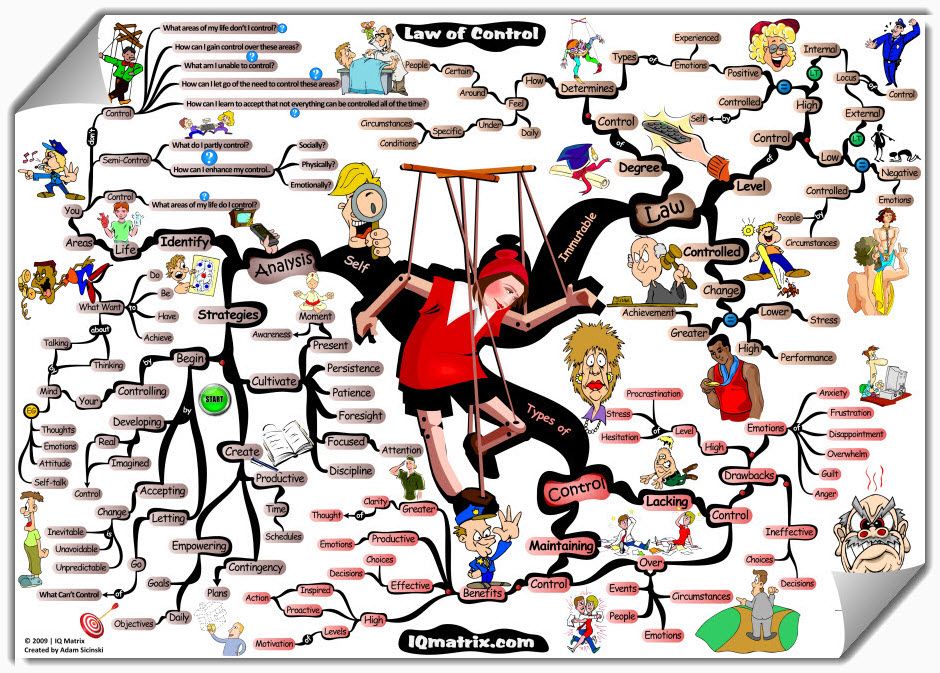
How you deal with a controlling person depends on the relationship dynamic. Here's how to handle controlling behavior from a few of the most common perpetrators:
1.
A romantic partner
In a controlling relationship, the big question is whether to stay or leave. If you've realized you're in a controlling relationship that's abusive, reach out for help immediately. You can call, chat, or text this hotline for support.
If there isn't abuse and you believe your partner is open to adjusting their behavior, Richmond says the first step is to open up a conversation about what's going on. First, you'll want to establish a time you can both sit down and talk about what's been bothering you.
For example, she says, you could say something along the lines of When you text me constantly while I'm out with my friends, I feel like you don't trust me. When I don't feel trusted, I feel diminished and like you don't think I can take care of myself. That really makes me feel like the underdog in this relationship, and like you have more power—and I don't like feeling powerless.
Licensed therapist Rachel Wright, LMFT, adds that you can also use her AEO framework for structuring the conversation: Acknowledge the issue, explain the emotions, and then offer a solution or request, such as, What I'd really like is that when we're out with our friends, there isn't an expectation that we respond to each other super quickly. What do you think?
From there, how they respond will be telling. Do they take accountability and change their behavior? If not, and they continue to disrespect your boundaries, it's probably best to walk away.
2.
A friend
In the case of a controlling friend, Richmond says, many of the aforementioned principles apply: finding a time to talk and expressing your honest concerns. If they respond well and actually change their behavior, that's a sign the relationship can be salvaged.
If not, you can create some space or choose to end the friendship entirely. As therapist Tiana Leeds, M.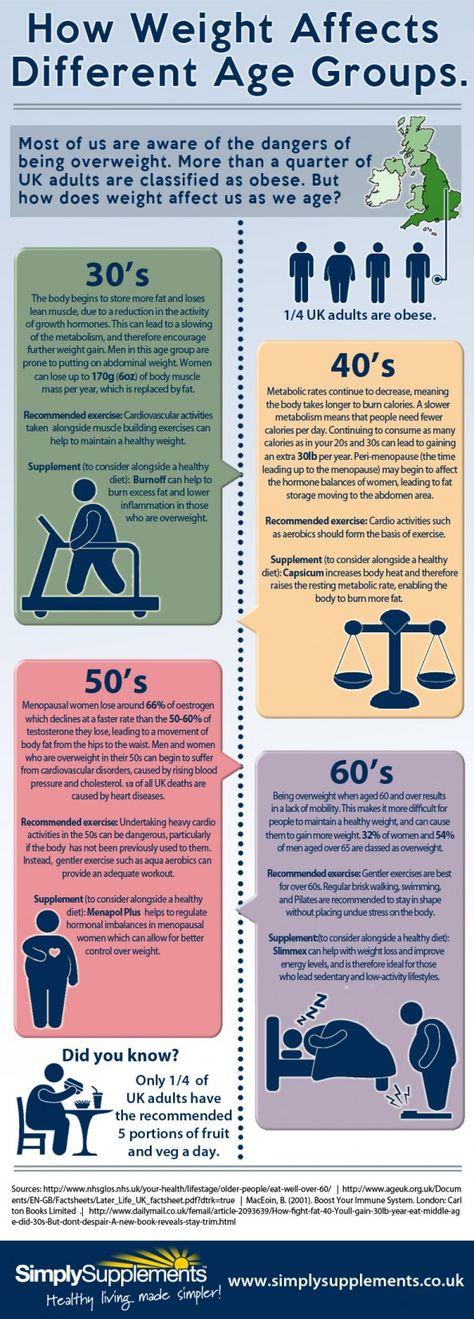 A., LMFT, previously explained to mbg, "Ending the friendship may be as simple as no longer initiating contact or plans as frequently and allowing the connection to naturally fade."
A., LMFT, previously explained to mbg, "Ending the friendship may be as simple as no longer initiating contact or plans as frequently and allowing the connection to naturally fade."
3.
A parent
According to clinical psychologist Shefali Tsabary, Ph.D., if you know you're dealing with a controlling parent, "the best way to deal with them is through the establishment of strong, firm, and consistent boundaries." She adds that it can be scary, but it's "exactly what the child needs to do in order to break free from this dysfunctional pattern."
As Cullins adds, you can respectfully choose to make a different choice when a parent is being controlling, whether "declining a parent's offer, or not interacting if it creates an uncomfortable situation for the child." And of course, if setting those boundaries doesn't work, Tsabary notes, "then it is important to create emotional space and distance in another way."
(For more tips on dealing with controlling parents, check out our guide. )
)
The bottom line.
When someone seeks to control you, it's not coming from a place of love but, in fact, quite the opposite: fear. Controlling behavior and manipulation are toxic and don't align with what open and honest communication is all about—which is necessary for a healthy relationship.
If you ever feel unsafe due to someone else's behavior, trust your gut and remove yourself from the situation as quickly as possible.
A metropolitan psychologist told how you can get rid of total control on your own
Over the years, the rhythm of our daily life is getting faster and faster. There are more and more things that need to be done in a certain time. Today, one who quickly performs several tasks at the same time, manages to work, and relax, and do household chores, and have fun with friends is considered successful today. Productivity is becoming the main, leading feature of the image of modern man. Knowing how to be productive is a really good skill that anyone can develop with due diligence.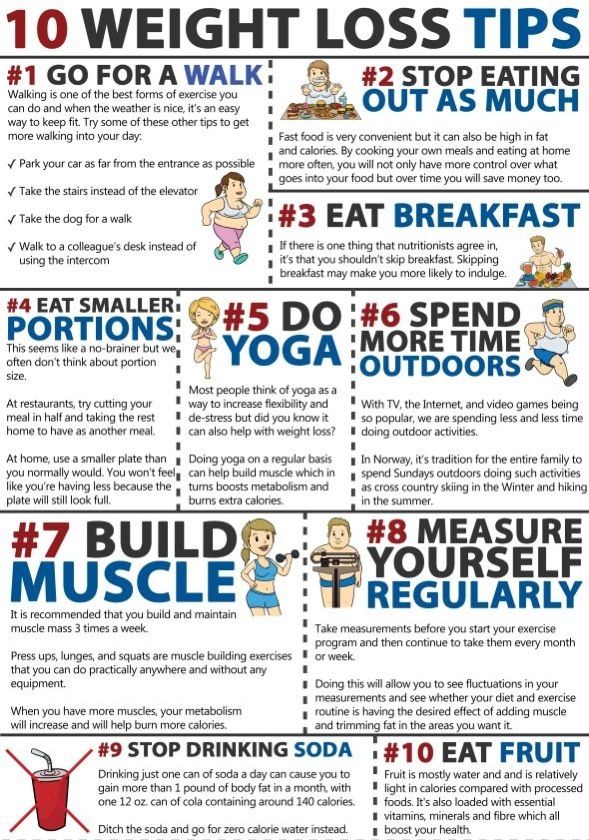 However, excessive productivity, the desire to be the best, to always be in time for everything, can also develop another personality trait - total control. Svetlana Alyokhina, a psychologist at the Little Mama branch of the Crisis Center for Women and Children, tells about situations in which control can be useful and in which it can harm a person.
However, excessive productivity, the desire to be the best, to always be in time for everything, can also develop another personality trait - total control. Svetlana Alyokhina, a psychologist at the Little Mama branch of the Crisis Center for Women and Children, tells about situations in which control can be useful and in which it can harm a person.
Advantages of control
Control itself is useful and even necessary in the life of every person. It helps in achieving the set goals. Control eliminates uncertainty.
We are used to making plans and dividing them into stages for gradual achievement. But no one knows what will happen in the near future. It happens that various unforeseen situations arise that can interfere with the achievement of the goal. But it is control that is able to assess these complications, help correct further actions by eliminating or reducing the uncertainties that have arisen.
For example, if small tasks pile up at work and you don't solve them on time, then at some point they will reach a critical mass. Most likely, you will have an emotional outburst, which can lead to a reprimand or even dismissal. To avoid such situations, we need control. It is he who allows you to see, fix and correct errors in time.
Most likely, you will have an emotional outburst, which can lead to a reprimand or even dismissal. To avoid such situations, we need control. It is he who allows you to see, fix and correct errors in time.
Falling into extremes
Healthy can be called control, which is in the middle between lack of control and total control.
If a person does not control anything in his life, he goes to the extreme of lack of control. In fact, he relieves himself of responsibility for his life, actions, shifting it onto the shoulders of other people or to the will of fate. This is the danger for a person: he develops apathy, irresponsibility, inner restlessness and intrapersonal conflicts. As a result, alcohol or other dependence arises, which can end in failure.
The other extreme is the total control with which people increasingly turn to a psychologist. Today, not only adults, but also teenagers and young children are affected by this condition. Total control is contagious and dangerous: it gives rise to feelings of guilt, constant fear, irritation and dissatisfaction with oneself and one's life. People objectively understand that it is impossible to control everyone and everything, but at the same time they continue to strive for this. Even in the simplest things, they cannot let the situation take its course, trust fate or chance.
People objectively understand that it is impossible to control everyone and everything, but at the same time they continue to strive for this. Even in the simplest things, they cannot let the situation take its course, trust fate or chance.
Stages of total control
In a normal state, a person analyzes his actions, deeds and thoughts. Realizes what he did right and wrong, reconsiders his actions, reactions, feelings. If necessary, change.
Total control has several stages:
- An easy form of increased control, when a person most of the time analyzes and replays situations in his head: he did the right thing or not. He considers what other possibilities he had. Excessive introspection develops, while the person's fear of doing the wrong thing, saying something superfluous or inappropriate increases.
- Medium shape. This stage occurs when a person is excessively involved in the lives of loved ones. Begins to evaluate and criticize their actions and deeds.
 Indicates what and how it is better for them to do, gets into their personal affairs and requires a report. And also imposes his thoughts and visions.
Indicates what and how it is better for them to do, gets into their personal affairs and requires a report. And also imposes his thoughts and visions. - Severe form of total control. It is observed in those who begin to think for their loved ones. Such people not only impose their opinion, considering it the only true one, but also program the future according to their scenarios with all their might. Controllers can openly forbid others to think or speak about something, while infringing on their interests, freedom and rights.
- The extreme stage is the most difficult form of control. Such a person intentionally looks for a hidden dark meaning in the words and actions of another person for no real reasons. This stage is close to a personality disorder, when a person is not able to adequately assess the situation because of his personal anxieties and fears. Therefore, he begins to invent incidents, makes false accusations against the other.
Controlling
People who make excessive demands on themselves and others (especially others). Often in this form there is a distortion, and a person begins to elevate himself above others, considering them unworthy. From such people you can often hear phrases like: "He disappointed me again", or "Well, you couldn't trust them with anything."
Often in this form there is a distortion, and a person begins to elevate himself above others, considering them unworthy. From such people you can often hear phrases like: "He disappointed me again", or "Well, you couldn't trust them with anything."
Those who fear that they will not be noticed if they become calmer and less controlling of others.
Narcissistic individuals who take great pleasure in the attention of others. In their hearts, such people need love and recognition. They sincerely think that only through demonstrative behavior, showing off and standing out in public, they can get what they want.
People with high self-esteem, without realizing it, devalue others against their background, allow a person to be treated down, considering others less erudite or talented and demanding unquestioning obedience from them.
As a rule, these are those who are very afraid of chaos or disorder in their lives.
How to get rid of total control
In order to solve a problem, it is necessary to recognize the fact of its existence. If you find that the description of some items is similar to your behavior, admit it to yourself. Accept that you may be overly in control of yourself or others.
If you find that the description of some items is similar to your behavior, admit it to yourself. Accept that you may be overly in control of yourself or others.
Determine for yourself what you can influence in this life and what you cannot. To do this, I recommend using a notepad and a pen. Divide the sheet into two columns and write down in one what you can control in your life and in the other what is beyond your control. Try to soberly assess the situation. Remember: the only thing you can control is your actions, actions, reactions and attitude to certain situations.
Work with your ego. If you are used to constantly controlling everything and are afraid to share responsibilities with others, try to look at others differently. It is impossible to be the best in absolutely everything.
Analyze how total control helps you. What benefit do you get from it? What happens if you weaken it? Do you realize that it is not in your power to control absolutely everything that happens around you? Does total control bother you in some way?
Learn to focus on solving problems, not on their causes. If you often and for a long time scroll through the same situation in your head, nothing will change. Instead, ask yourself what you are thinking and feeling right now. Can you correct the current situation and how can this be done? Try to switch from worries. Focus your attention on positive thoughts: for example, what experience did this situation give you.
If you often and for a long time scroll through the same situation in your head, nothing will change. Instead, ask yourself what you are thinking and feeling right now. Can you correct the current situation and how can this be done? Try to switch from worries. Focus your attention on positive thoughts: for example, what experience did this situation give you.
Only you are able to fill your life with bright, amazing events and happiness, and this can be helped by bold and unexpected decisions. You can feel all the charms of life only by trusting it, and thereby defeat total control.
Note!
If you need outside support, My Family Center and Crisis Center for Women and Children will help you. On the basis of the capital's family centers, you can get individual advice on all issues related to building relationships in the family. Psychologists of the "Crisis Center for Women and Children" provide assistance to children who are in a difficult life situation or have experienced abuse.
Source
Press Service of the Moscow Department of Labor and Social Protection
Mental health: Self-care: Lenta.ru
? They masterfully manage business processes and the destinies of others, but at the same time they cannot find inner peace. Lenta.ru, together with experts, decided to figure out how the desire to control everything affects the feeling of happiness and how to get rid of the manic habit of keeping abreast of 24/7.
Where does the desire to control everything come from?
The informal term control freak, which refers to the behavioral habits of different types of personality, appeared in the 1970s and was used to define the behavior of a person who seeks to structure not only his life, but also to influence others. Many control freaks explain their behavior as a simple concern for others, but not everything is so simple. Psychologists distinguish the tendency to control everything, a kind of perfectionism, from a painful sense of responsibility, when a person crosses conceivable and unthinkable boundaries, if only to get exactly the result that he was striving for.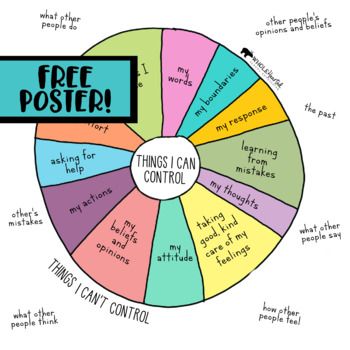
Alena Tretyakova, family psychologist :
Alena Tretyakova
The desire to control everything is a protective mechanism of the psyche, called in psychology “almighty control”, under which, as a rule, deep fears are hidden. All the omnipotence of control is actually aimed at avoiding feeling defenseless or helpless.
Control freaks consider themselves to be the center of the universe, and hence their two biggest problems follow: responsibility and guilt. Since I am so omnipotent, I have to foresee, plan and control everything, and if something went wrong, this is definitely my fault, even if I was not around at the time of what was happening. Such a person cannot admit that something does not depend on him, that there are events that cannot be foreseen or influenced in any way. Indeed, in this case, he must say goodbye to his grandiosity, and this cannot be agreed to.
Gradually, total control is transferred by the perfectionist to his inner circle: he makes everyone walk literally on the line. Often this is due to fear of public condemnation. After all, if a person does not once again ask his relatives where they are, what they are doing or how their successes are, then he is irresponsible about his family. In other words, he absolutely does not care how and how his loved ones live, respectively, and in the eyes of society, he will look irresponsible and unpromising.
Often this is due to fear of public condemnation. After all, if a person does not once again ask his relatives where they are, what they are doing or how their successes are, then he is irresponsible about his family. In other words, he absolutely does not care how and how his loved ones live, respectively, and in the eyes of society, he will look irresponsible and unpromising.
Photo: Jeff Sheldon / Unsplash
Oleg Dolgitsky, clinical psychologist, forensic psychologist :
Oleg Dolgitsky
Control itself (as a desire for order) can be quite a healthy meaning, characteristic of people with an archetype ruler. It can also manifest itself as a neurotic reaction in paranoid tendencies and act as a pathological symptom that can manifest itself in the form of authoritarianism.
Control freaks is an informal name for a psychological accentuation associated with an obsessive desire to control everything that happens around. This is just an everyday designation of people who strive for a pathological order around them. For example, all kinds of biohackers who are trying to control hormones in their body. It can also be a parent with overprotection of their child. Or a boss who monitors every action of employees. Some control freaks explain their desire to keep abreast of the desire to protect themselves and loved ones from some unpredictable situations, thereby ensuring comfort and safety.
For example, all kinds of biohackers who are trying to control hormones in their body. It can also be a parent with overprotection of their child. Or a boss who monitors every action of employees. Some control freaks explain their desire to keep abreast of the desire to protect themselves and loved ones from some unpredictable situations, thereby ensuring comfort and safety.
Photo: Ketut Subiyanto / Pexels
Tatyana Potapova, psychotherapist at SM-Clinic, Associate Professor, Ph.D. :
Tatyana Potapova
In the future, control freaks will manifest themselves as anxious individuals who seek to eliminate the feeling of anxiety with the help of self-control; as emotional narcissists, very self-centered, willing to show their own "I"; as hysterical types with pronounced theatrical behavior. Through control, they are able to achieve their goal. It can be pedants who strive to do everything right. Most often, such pedantry is defensive in nature: “If you plan everything, do everything right, then perhaps nothing bad will happen. ” It can also be emotionally labile personalities, manipulators.
” It can also be emotionally labile personalities, manipulators.
Psychological dictators are the most prone to total control and, on the contrary, manipulators - "rags", that is, manipulating from a position of weakness. For example, a mother who says to her child: “You didn’t wash the dishes, my heart will ache.”
At the same time, the control freak can internally identify with a rigid parent or parent-controller, that is, in this way he can imitate the parent's behavior style.
Types of control freaks
An obsessive desire to control everything may indicate an unconscious desire for power and an attempt to get rid of excessive anxiety. Psychologists identify five main types of control freaks:
- Dependents
- Daffodils
- Hysterical personalities
- Persons with paranoid disorder
- Obsessive Compulsive Personalities
Depending on the manifestation of fears, the behavior of control freaks is significantly different. So, for example, narcissists want to assert themselves, it is important for them to know that they are the best in the world. And for them it will become a real tragedy if suddenly others doubt their ideality, find out about their weaknesses and shortcomings.
So, for example, narcissists want to assert themselves, it is important for them to know that they are the best in the world. And for them it will become a real tragedy if suddenly others doubt their ideality, find out about their weaknesses and shortcomings.
But it is very important for addicts to understand that they will not be abandoned, that they are needed like no one else. They are terribly afraid of being alone, so they harass their partner with manipulation and pressure for pity. Often this behavior is due to total control and restrictions in childhood. Over time, it takes on a hypertrophied form and indicates a manifestation of psychological imbalance.
Why is the mania of total control dangerous?
According to numerous studies, people who seek to control everyone and everything are more likely than others to experience insomnia, heart problems, anxiety, high blood pressure and chronic fatigue. In addition, control freaks often have various neuroses and psycho-emotional problems.
As for negative manifestations, control freaks expend too much energy in everyday life on solving often non-existent problems.
A negative result is perceived by them as a real tragedy that deprives the meaning of further existence. This is especially evident in the work process.
In relationships this is even more acute. Control freaks try to keep abreast of all the actions of a partner, not letting him breathe freely. And if at the very beginning this can be perceived as real care and attention, then over time the chosen one will begin to be burdened by a lack of trust and attempts to manipulate. Accordingly, such an obsessive relationship will not bring joy and happiness to any of the partners.
According to experts, total control only creates the illusion of stability and well-being, but is not an absolute guarantee of the absence of failures.
Photo: Tima Miroshnichenko / Pexels
Tatyana Potapova, psychotherapist at SM-Clinic, associate professor, Ph. D. :
D. :
A control freak thinks he can control everything, influence everything that happens around him. This is a psychological defense mechanism, rather immature and unproductive. Total control is not feasible in principle, that is, in the end, when trying to control everything once and repeatedly, a breakdown occurs.
For example, there are conflicts in the family, and as a result, things sometimes come to a divorce, although the "control freak" did not strive for such an outcome at all. At work, the effectiveness of the control freak decreases, because in the team they begin to treat him in a certain way. In the end, the anxiety of the "control freak" only increases - both in everyday life and in communication with various social groups.
Recognizing a control freak is easy enough. There are several signs that eloquently indicate a manic desire to control everything around:
- Confidence that everything depends only on this person and without him people will definitely not manage
- The slightest deviation from the previously planned plan is comparable to a catastrophe on a universal scale
- Impeccable adherence to the motto: "If you want to do well - do everything yourself"
- The maximum level of distrust towards others: it is imperative to double-check and redo everything behind them
- Absolute rightness in one's actions and decisions
- Attempt to prevent in advance any negative outcome of a situation
- Many unjustified fears and anxieties
- Perfectionism always and in everything: critical not only to others, but also to one's own mistakes
Photo: Jonathan Borba / Pexels
How to loosen your grip and get rid of the signs of the controller?
Tatyana Potapova, psychotherapist at SM-Clinic, associate professor, Ph.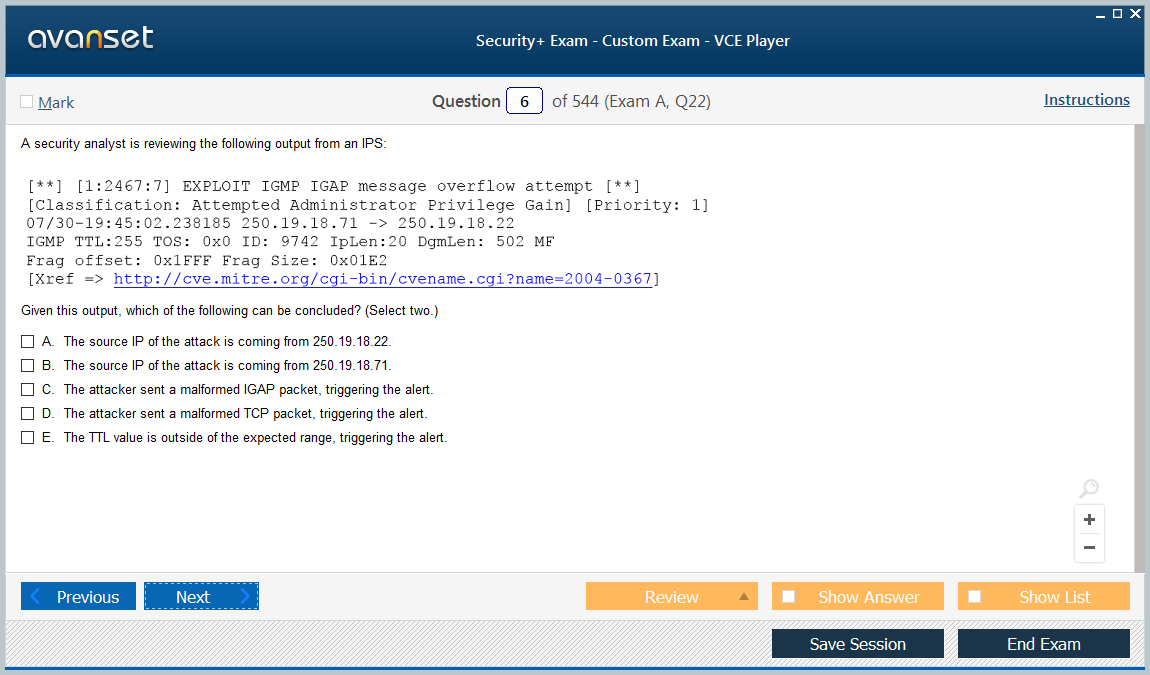 D. :
D. :
First of all, it is necessary to realize the danger posed by such behavior. It must be understood that in this way it will not always be possible to achieve the goal, since the desire to control others creates problems in relationships with close, surrounding people.
You can also relax your grip and focus on only one priority area of your life. No need to try to embrace the immensity, it is better to direct energy in a certain direction, the most significant and promising. One has only to say goodbye to perfectionism, how to perceive the surrounding reality will become much easier.
It is important to stop deciding for others what to do and how to live. It is necessary to give up the desire to give advice, especially if it is not asked for
Learning to trust and delegate tasks is another way to get rid of total control. In other words, you should not follow close on the heels, checking their every step, or do their work for colleagues. You can shift some of the worries and responsibility to others and watch what is happening.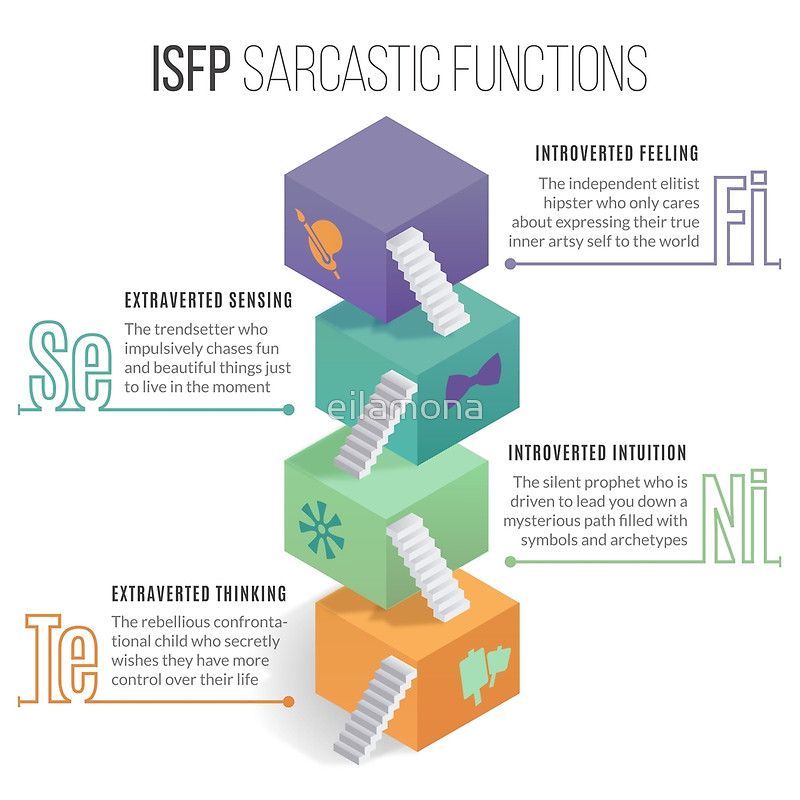
If a control freak is in your environment, you should try to gently but clearly defend your boundaries. It can be very difficult to point out to loved ones their shortcomings, but this must be done in order to protect yourself from pressure and excessive control. The main thing is not to accumulate resentment in yourself and not go on about other people's desires, otherwise the consequences may turn out to be even more unpleasant and unpredictable.
Alena Tretyakova, family psychologist :
There are many excellent tips on how to overcome this ailment. The main difficulty lies in the fact that the control freaks themselves rarely see this as a problem, and therefore they are not going to fix something. Advice tends to respond to those who fall under the all-powerful influence of the control freak, who can assess the scale of the disaster from the outside. However, they can only be conveyed to the addressee when such behavior will bring the control freak himself more problems than benefits.